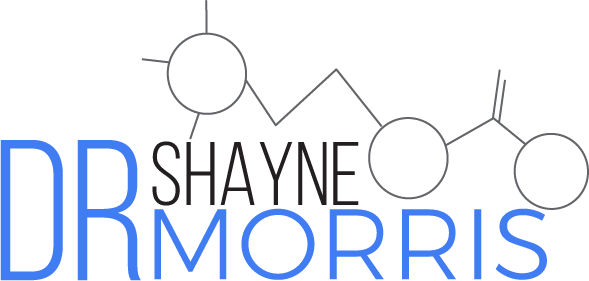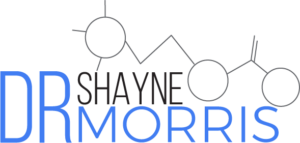In the intricate dance of life within our bodies, a silent community of microbes wields immense influence—yet, until recently, their role has been largely overlooked. This community, collectively known as the microbiome, is emerging as a pivotal player in human health, particularly in its profound interaction with our immune system.
Early Colonization and Immune Development
From the moment we enter the world, the microbiome begins its work, seeding our bodies with a diverse array of bacteria that will shape our immune responses for years to come. This early colonization, influenced by factors such as our birth method, feeding practices, and environment, sets the stage for our immune system’s development. Studies reveal that a rich diversity of these microbial residents is crucial, fostering the production of essential immune components like IgA antibodies and antimicrobial peptides—our first line of defense against invading pathogens.
Maintaining Balance: Guardians of Immune Health
The microbiome’s influence doesn’t stop there. It acts as a vigilant guardian, maintaining a delicate balance between beneficial and harmful bacteria. When this balance falters—a condition known as dysbiosis—it triggers a cascade of immune responses. Cells like macrophages and dendritic cells rush to the scene, working tirelessly to restore equilibrium and fend off potential threats.
Communication Pathways: Microbiome and Immune System Interactions
Moreover, the microbiome is not merely a passive observer; it actively communicates with our immune system through sophisticated pathways. Key receptors like toll-like receptors (TLRs) and NOD-like receptors (NLRs) are awakened by microbial signals, mobilizing our defenses and reinforcing our gut’s barrier function. This dynamic relationship underscores the microbiome’s role not just in immune activation but in maintaining intestinal health—a crucial factor in overall well-being.
Influence and Feedback: Immune System Impact on the Microbiome
Interestingly, this symbiosis is not a one-way street. Our immune system, in turn, wields considerable influence over the microbiome. In conditions such as autoimmune disorders, where the body mistakenly attacks its own tissues, the delicate balance of the microbiome can be disrupted. This disruption, in a cruel twist, can further compromise immune function, perpetuating a cycle of dysfunction.
Implications for Health and Future Perspectives
As our understanding deepens, so too does our appreciation of the microbiome’s impact on human health. Beyond its role in digestion and metabolism, it is increasingly clear that this microscopic community plays a pivotal role in shaping our immune responses from infancy to old age. Harnessing this knowledge holds promise for new therapies targeting immune-related disorders, offering a glimpse into a future where personalized medicine might include tailored interventions to restore and support a healthy microbiome.
Conclusion: Unveiling the Microbiome’s Role in Human Health
In conclusion, the journey of discovery into the microbiome’s role in immunity is far from over. It is a testament to the complexity and interconnectedness of our biological systems—a reminder that within each of us, a vibrant world of microbes quietly orchestrates our health and resilience. As research continues to unravel its mysteries, one thing remains certain: the microbiome is not just a bystander in the drama of human health but a central player, influencing our immune destiny in ways we are only beginning to grasp.
References
- 1.Belkaid, Y., & Hand, T. W. (2014). Role of the microbiota in immunity and inflammation. Cell, 157(1), 121–141. https://doi.org/10.1016/j.cell.2014.03.011
- Wu, H. J., & Wu, E. (2012). The role of gut microbiota in immune homeostasis and autoimmunity. Gut microbes, 3(1), 4–14. https://doi.org/10.4161/gmic.19320
- Zheng, D., Liwinski, T., & Elinav, E. (2020). Interaction between microbiota and immunity in health and disease. Cell research, 30(6), 492–506. https://doi.org/10.1038/s41422-020-0332-7


